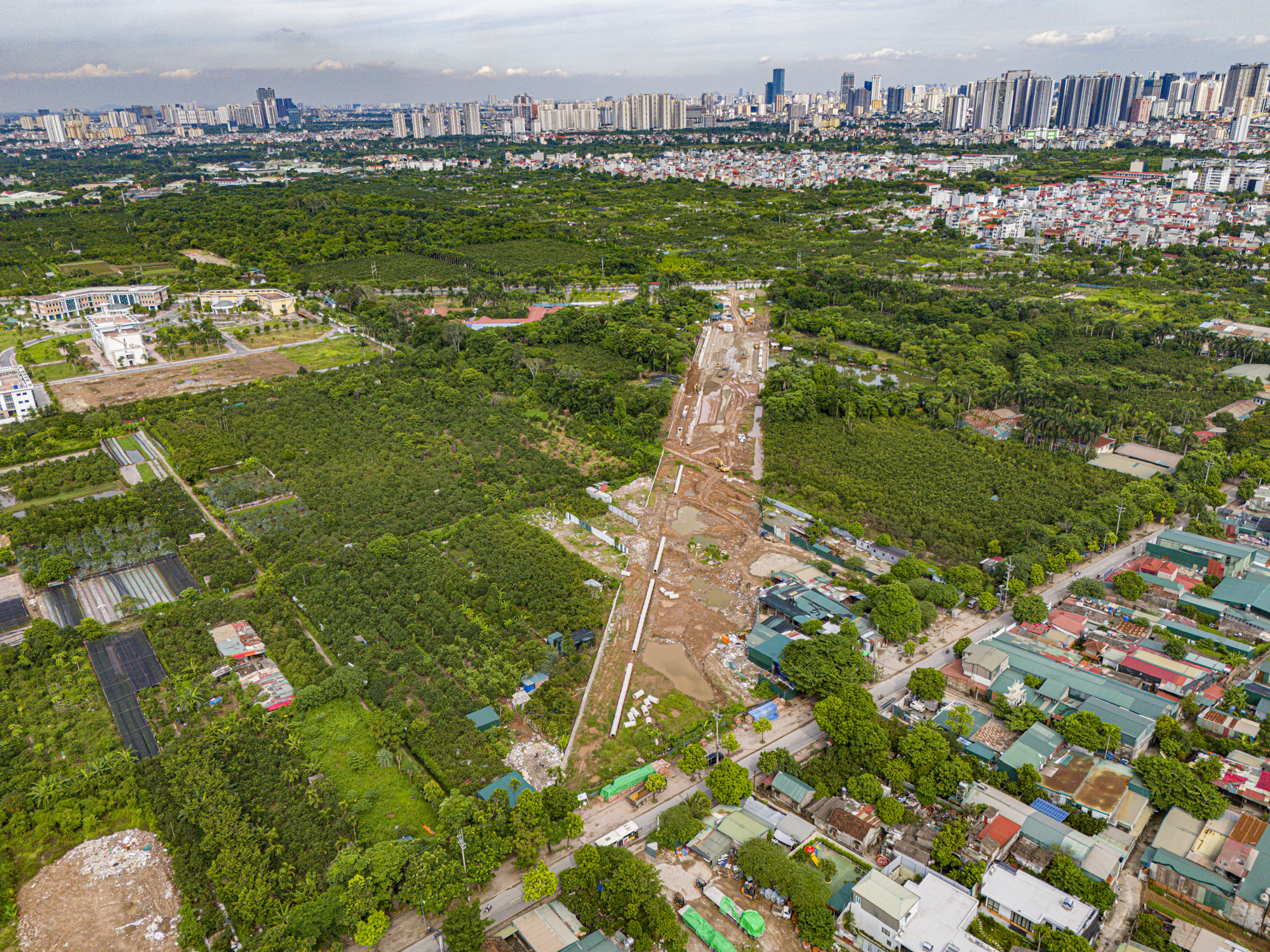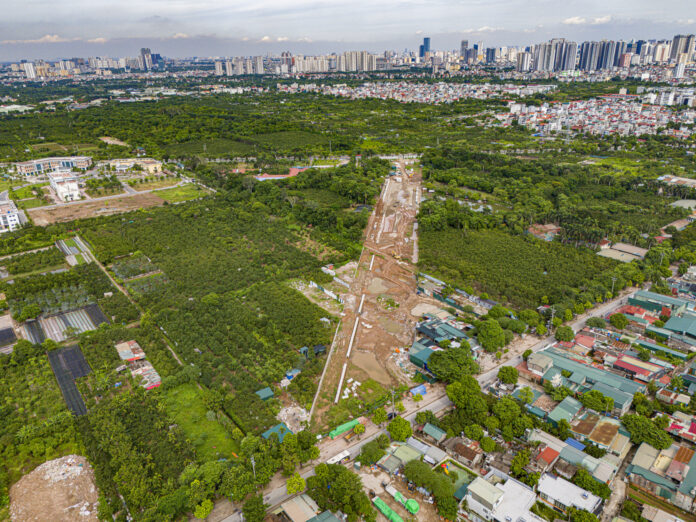Scams in the Real Estate Market: Navigating Common Pitfalls
Scams involving the use of notarized agreements, or vi bằng, in real estate transactions are on the rise. Unscrupulous individuals take advantage of people’s lack of understanding about the nature of these agreements, luring them into buying land parcels that lack the necessary legal documentation. They make false promises of land ownership through private contracts and notarized agreements, putting buyers at significant risk of financial loss.
The Promise of Residential Conversion

Buyers are often lured into purchasing agricultural land with the false promise of residential conversion.
Many homebuyers are being misled into buying agricultural land or rice fields at inflated prices, with the promise that the land can be converted for residential use. These sellers often assure buyers of their ability to facilitate the necessary procedures for title transfer and land-use conversion within a short period. However, they fail to fulfill their promises, leaving buyers stranded with land that cannot be built on.
In September 2024, an individual identified as N.X.T was arrested for fraudulently obtaining money from two victims. N.X.T falsely claimed to have the ability to facilitate residential conversion and land subdivision, as well as obtain land-use certificates in several districts and cities in Bình Phước Province. The victims were duped into handing over a total of 115 million VND, only to find that N.X.T had no intention of fulfilling the agreed-upon procedures and instead pocketed the money.
Creating Artificial Demand: A Familiar Tactic
Real estate brokers often employ a tactic of creating artificial demand, also known as “sốt ảo,” to drive up prices. When they identify a potential buyer, they quickly stage a fake scene by hiring “actors” to pose as interested buyers. These actors pretend to be eager to purchase the property, creating a sense of competition and urgency that pressures the genuine buyer into making a quick decision.
Fraudulent Use of Fake Property Documents
Scams involving fake property documents, such as land books or title deeds, target both buyers and sellers. Fraudsters posing as buyers gain access to the seller’s property documents and use the information to create fake documents. They then look for opportunities to swap the genuine documents with the forgeries during subsequent meetings. Regarding buyers, scammers may be the landowners themselves or authorized representatives. They produce multiple sets of fake documents to sell the same property to multiple buyers simultaneously.
Selling the Same Property to Multiple Buyers

Scammers intentionally sell the same property to multiple buyers to defraud them of their money.
Taking advantage of buyers’ impatience and lack of caution, scammers intentionally sell the same property, often a house or land awaiting conversion, compensation, or paperwork, to multiple buyers. Since these properties lack the necessary documentation, transactions are typically done through private contracts. Scammers take advantage of this by writing multiple contracts for the same property, preying on those who are eager for a bargain or are gullible.
Selling Property Under Declaration
In a twist of fate, homebuyers sometimes find themselves purchasing property from individuals who are subject to court rulings. During the period between the court’s decision and its enforcement, these sellers try to offload their properties quickly, often at attractive prices, so they can liquidate their assets before the court’s ruling takes effect.
Deposit Scams: A Common Pitfall
Deposit scams are prevalent in real estate transactions. Before finalizing a contract, it is common for the buyer to place a deposit, a sum of money paid to the seller as a sign of commitment. However, when the time comes for the seller to fulfill their end of the bargain, they may become unreachable, absconding with the deposit money or making excuses to avoid signing the contract, transferring ownership, or going through the notarization process.
Social Housing Scams: A Promise of Affordability

A social housing project in Hanoi, Vietnam.
Social housing is a unique form of real estate supported by the government to provide affordable housing options for low-income individuals. Scammers often promise access to these properties through internal or diplomatic quotas, bypassing the standard application process. They charge hefty fees for legal advice or application support, only to delay or disappear after receiving the money.
Recently, a group of customers in Hanoi fell victim to such a scam, losing nearly 19 billion VND to a brokerage firm that promised them social housing units. The firm collected deposits and fees but failed to deliver on its promises, leaving the customers in a dire situation.
Expose: How Home Buyers Are Used as ‘Bait’ to Drive Up Housing Prices
House flipping, a tactic where real estate agents and homeowners collude to artificially inflate home prices by using straw buyers, has made it increasingly challenging for genuine homebuyers to enter the market.

















